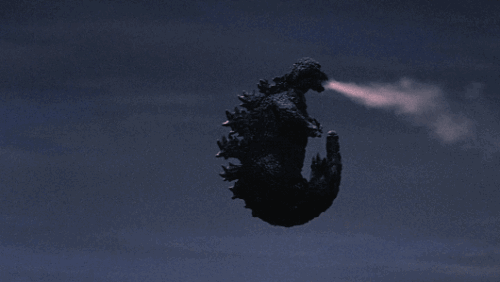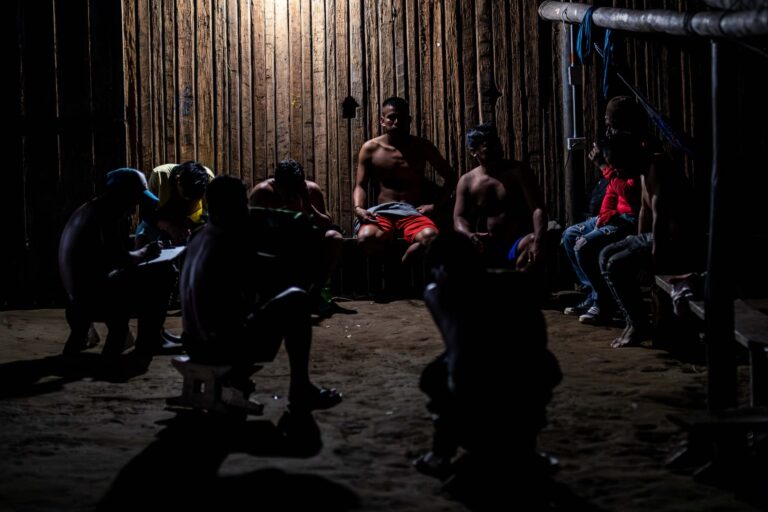- A reporting team has analyzed the impact of environmental crimes in 320 Indigenous reserves that are part of the Colombian Amazon biome. According to Global Forest Watch, more than 19,000 hectares (more than 47,000 acres) of tree cover were lost in 218 of these reserves in 2022.
- Illegal coca crops were also recorded in 88 reserves, with illegal mining-related impacts reported in at least 10 reserves.
- Illegal groups that exercise territorial control with weapons are threatening Indigenous governance and keeping inhabitants confined to their territories.
In June 2023, where the Caquetá River leaves Colombian territory and enters Brazil, no more than 35 kilometers (21.7 miles) from the border, Custodio Yucuna Tanimuca came across a group of soldiers stranded in the Córdoba stream, one of the most feared rapids in the tributary even for the most skilled navigators. The soldiers asked the Indigenous resident, health promoter and leader of the Yucuna ethnic group, born in the Curare Los Ingleses Reserve, to help them cross the stream on his boat. Skilled in such matters, like almost all those who grew up navigating the tempestuous waters, he took them to the other side of the river, where they continued on their way.
What Tanimuca did not know, was that the group from the army’s 26th forest brigade was after a shipment of 800 kilograms (1,764 pounds) of pressed marijuana. The well-guarded cargo, stored on a farm in the southeast of the country, was destined for Brazil, a country where the marijuana trade has increased in recent years and can be costlier than cocaine.
The price that Custodio Yucuna Tanimuca paid for his help was death. Two days later, the illegal armed group that was guarding the shipment of marijuana (one of the criminal gangs that controls the Caquetá River, through which cocaine, weapons, gold and other illegally exploited metals are moved) murdered him. According to several local sources who asked that their identities be protected, the group prevented the area’s residents from moving Tanimuca’s body and from reporting the crime. No one talks about this issue in this part of the Colombian Amazon, where inhabitants are confined unless criminal groups authorize their movements.


